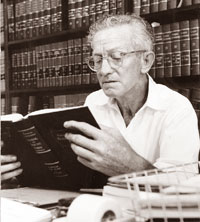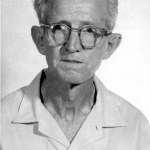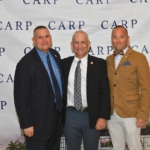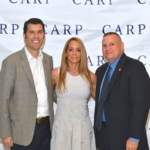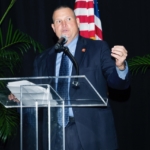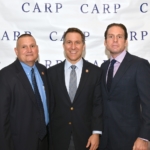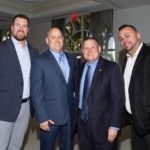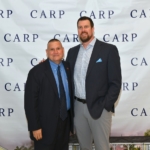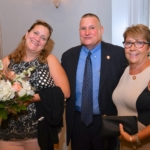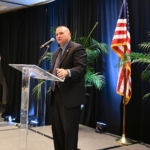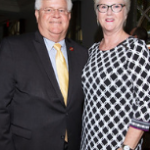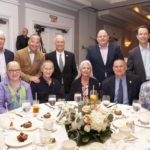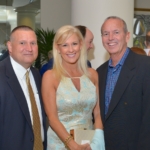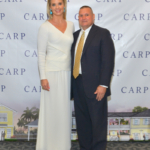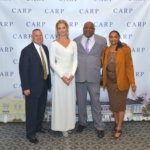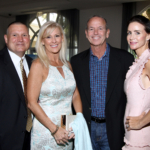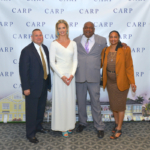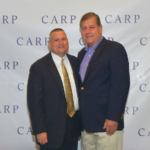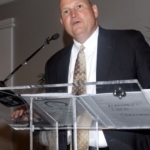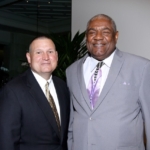2014

Clarence Gideon: An Unlikely Hero
Kelly Landers / 0 Comments /
If you’ve ever watched Law & Order, then you’ll recall every episode has a scene in which the arrested subject is read his constitutional rights. One of those rights is the right to an attorney – regardless of whether or not the suspected criminal can afford one.
This right came to be through the efforts of Clarence Gideon, a poor drifter accused in a Florida state court of felony theft (breaking and entering with intent to commit petty larceny). Mr. Gideon, who was denied a lawyer by his trial judge in 1961, was forced to defend himself and was tried and convicted – and given the maximum sentence of five years.
Mr. Gideon studied the American legal system while in jail, and concluded that his constitutional right to counsel under the Sixth Amendment had been violated in his trial. He petitioned the Supreme Court of Florida, but was denied help. He then wrote to the US Supreme Court, which agreed to hear his appeal. The Supreme Court ruled unanimously (9-0) in Mr. Gideon’s favor in a landmark decision on March 18, 19631. As a result, the whole course of legal history has been changed. Everyone, no matter how indigent, is entitled to a criminal defense lawyer.
So Mr. Gideon is the defendant who, through the courts, was able to assist in the creation of the public defender system. What did Mr. Gideon want in return? Quite simply, he wanted the love of his children. Read the final paragraph of his autobiographical description below, courtesy of Judge Milton Hirsh’s Constitutional Diary.
From the Constitutional Diary of Judge Milton Hirsch2
In October of 1962, the United States Supreme Court appointed one of Washington’s preeminent lawyers, Abe Fortas, to represent an indigent defendant whose petition for certiorari to the Court had been granted. On Oct. 29, Fortas wrote a letter to his new client, asking for “a detailed biographical description.” Shortly thereafter he received a 22-page reply, written in pencil on lined prison-issue paper. It concluded with these words:
I have no illusions about law and courts or the people who are involved in them. I have read the complete history of law ever since the Romans first started writing them down and before the laws of religions. I believe that each era finds an improvement in law[,] each year brings something new for the benefit of mankind. Maybe this will be one of those small steps forward[. I]n the past thirty-five years I have seen great advancement in courts in penal servitude. Thank your for reading all of this. Please try to believe that all I want now from life is the chance for the love of my children[,] the only real love I have ever had.
Sincerely yours,
Clarence Earl Gideon
Sources:
2Milton Hirsch is a judge of the Eleventh Judicial Circuit Court, Criminal Division, in Florida. He ran unopposed and was elected on August 24, 2010, replacing retired Judge Gerald D. Hubbart. He took office the following January. His current term expires on January 2, 2017, but he may seek re-election in 2016. (Source: http://judgepedia.org).




